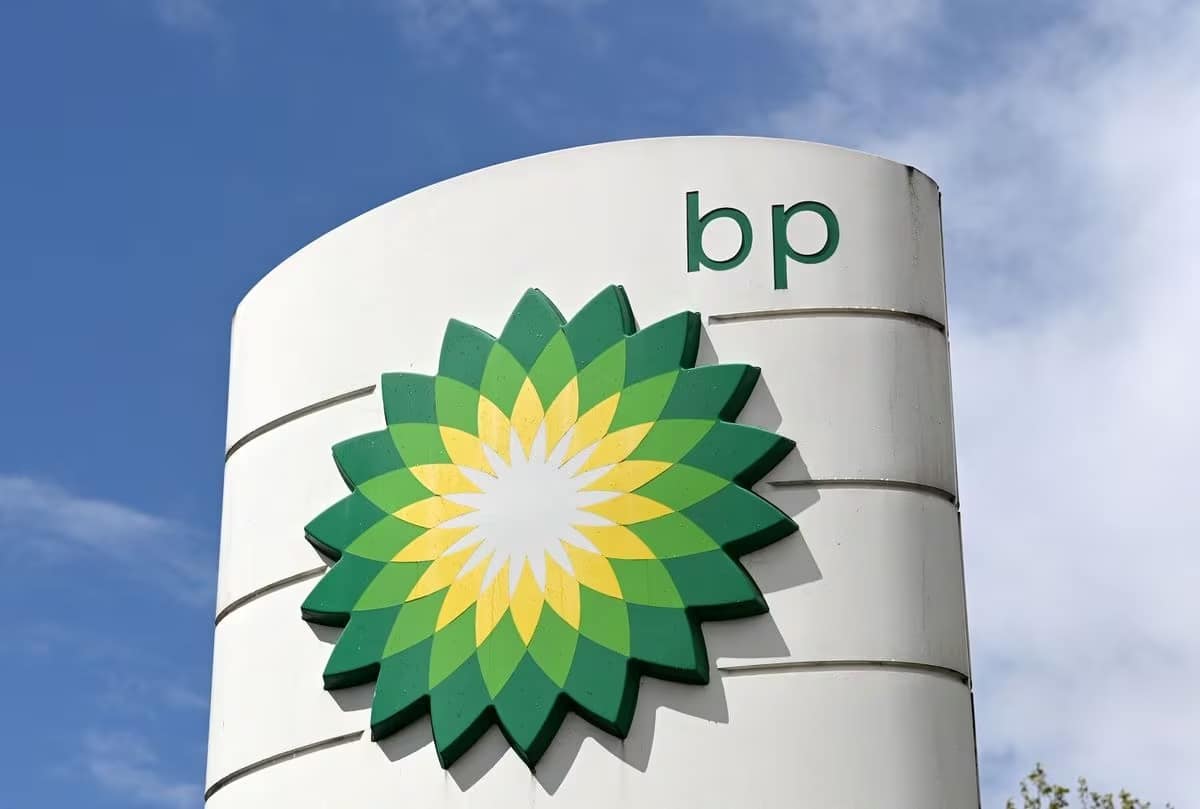
BP readies green diesel refinery for take off as $10 billion sustainable aviation market looms
Plans by one of the world’s biggest oil and gas businesses to build a new biodiesel refinery in Kwinana have been lodged for development approval.
BP wants to revive the site of its old oil refinery with new green energy projects, including a potentially $1 billion plant to make green diesel and sustainable aviation fuel from vegetable oils, animal fats and other waste products. That could be followed by a hydrogen facility next door.
H2Kwinana, a green hydrogen project, is part of BP’s plans to transition its former oil refinery site in Kwinana into an energy hub. The project proposes the production of green hydrogen, sustainable aviation fuel (SAF), Hydrotreated Vegetable Oil (HVO), and integration of planned biorefinery and green hydrogen production facilities with BP’s operating import terminal and optimization of the existing site assets.
According to BP, H2Kwinana has secured government support and is now advancing to front-end engineering and design (FEED).
“We aim to install 100 MW of electrolyzer capacity fuelled by reclaimed water renewable energy. The green hydrogen produced could then be used to decarbonize the bio-refinery we’re planning and other industrial facilities in the area,” the company stated.
In April 2022, the Commonwealth Government granted funding of up to $70 million for the H2Kwinana green hydrogen project, and in 2023, BP began leveraging its site infrastructure and repurposing some redundant processing units to advance the biorefinery project.
BP also completed a concept development phase study into its energy hub H2Kwinana and identified two potential base case scenarios, with the hub producing either 44 tonnes per day of green hydrogen or 143 tonnes per day. The potential growth target of 429 tonnes per day was selected as the third and final case.
Following the study, engineering and technology company Technip Energies was awarded a contract for a hydrogen production unit at BP’s Kwinana biorefinery.
The contract covers the engineering, procurement and fabrication (EPF) of a modularized hydrogen production unit with a capacity of 33,000 normal m3/hour, using Technip Energies’ SMR proprietary technology.
The unit will be capable of producing hydrogen from either natural gas or biogas produced by the Kwinana biorefinery.
By Acapmag / Sourced Externally, February 14, 2024
